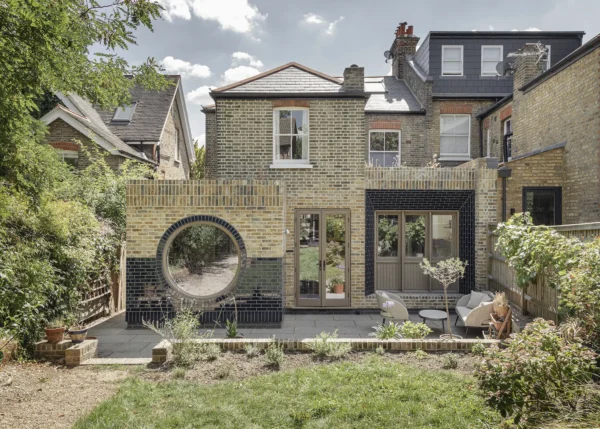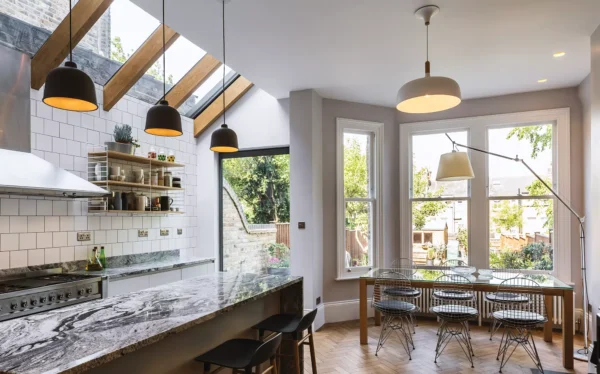How Much Should I Pay My Builder?
As a rough guide, around a third of the budget for any self build or renovation project goes into labour costs.
So, in theory, you could save a considerable sum of money if you take on the work yourself.
In practice, of course, few of us have the experience or time to take a DIY approach. So we need to pay people who do have the right skills to complete the works for us.
Project routes & costs
There are several ways to successfully run a construction scheme (and manage the labour). Hiring a general builder to run the scheme is a popular option, for instance.
This route is likely to be more expensive than handling things yourself. That’s partly because you’ll be passing much of the risk – ie the responsibility for sorting out anything that goes wrong –over to them.
It will also be their job to find the individual trades for you, schedule their time on site and monitor their work.
If you choose to project manage and hire trades yourself, you can expect a lower labour bill – easily 10% less than the general builder route. But this will be at the expense of your increased commitment in terms of time and responsibility.
It will be down to you to source quotes, decide whether you’re happy with the day rate your trades are charging, schedule works and materials deliveries, assess quality of workmanship and to absorb extra costs if and when anything goes wrong.
Labour shortages
A big headache for contractors and project managers at the moment is finding tradespeople who are available and really skilled in their field.
I hear from a lot of building firms struggling to find good bricklayers, carpenters and joiners in particular.
Unsurprisingly, the most experienced, highly reputable trades are able to charge top dollar for their work. The shortage in key trades has led to a rise in the use of agencies for labour.
They have a large database of contractors on their books, so they can guarantee someone will be on site when they say they will. You’ll pay over the odds – at least £30 more per hour – but at least you won’t face the added costs that delays bring.
TOP TIPS: Finding trades
|
Earlier this year, The Sunday Times reported on research by totaljobs.com that the average salary for a bricklayer was £36,679 – but that in parts of the country where demandis high, this can rise to more than £60,000.
If the general market cools in 2019 and good trades become easier to find, this could translate into keener labour rates for self builders.
But there are many factors at play: cost consultant Turner & Townsend’s marketing analysis suggest the potential exodus of EU migrant works post-Brexit could see labour costs increase by 4% over the next year, for instance.
Getting the right quotes
Whether you’re using a general builder or individual trades, it’s important to give a full brief. If you don’t provide enough info – including plans, drawings, spec documents, and details of the quality of materials and finish you want – some will overspecify to avoid the risk of their margin taking a hit.
At the other end of the scale, if you give scant details then you can expect extra costs down the line – or trades may go for a cheap spec and make their money by charging you over the odds on materials.
Read more: How to Get Realistic Quotes from Builders
What am I paying for?
Self-employed trades must account for a range of additions over and above their time (and possibly that of a labourer, too), skill and the materials they’ll be buying in.
Their prices need to cover the cost of their vehicle, travel, tools and equipment, plant hire, national insurance contributions and business insurance (eg for tools, personal accident and public liability).
On top of that is certification, ongoing training, membership of trade associations, and possibly Construction Industry Scheme registration (to reduce upfront tax payments).
They may also allow for pension contributions and paid leave.
Cost guide: Typical labour rates
The table below shows average labour rates for key trades in 2020, based on prices in the south east of England (excluding London).
Figures vary across different parts of the UK, of course – but there are a number of pockets where rates are very close to those of the south east.
Examples include Manchester, Birmingham, Cambridge, Oxford, Bristol, Southampton and Brighton.
| Trade | Hourly Rate (excl. VAT) |
|---|---|
| Bricklayer | £25 |
| Bricklayer's labourer | £14 |
| Decorator | £23 |
| Electrician | £27 |
| Electrician's mate | £17 |
| Gas installer | £30 |
| General labourer | £15 |
| Groundworker | £21 |
| Groundworker's labourer | £16 |
| Joiner | £23 |
| Joiner's mate | £14 |
| Landscape gardener | £20 |
| Plasterer | £24 |
| Plasterer's mate | £15 |
| Plumber | £28 |
| Plumber's mate | £16 |
| Roof tiler | £22 |
| Roof tiler's mate | £15 |
Note: Self build projects qualify for zero-rated VAT on labour and materials (the latter will be reclaimed after the project), but renovators will need to pay the usual 20% VAT on both.












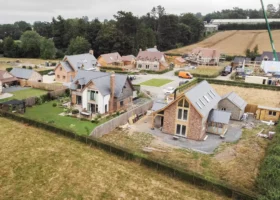




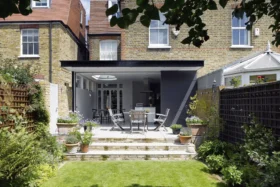

















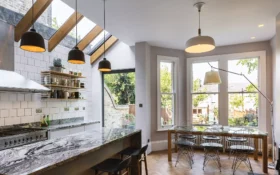








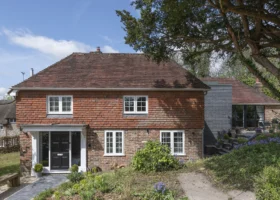














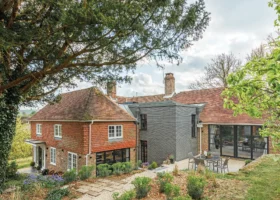


























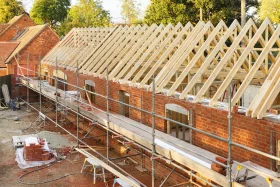









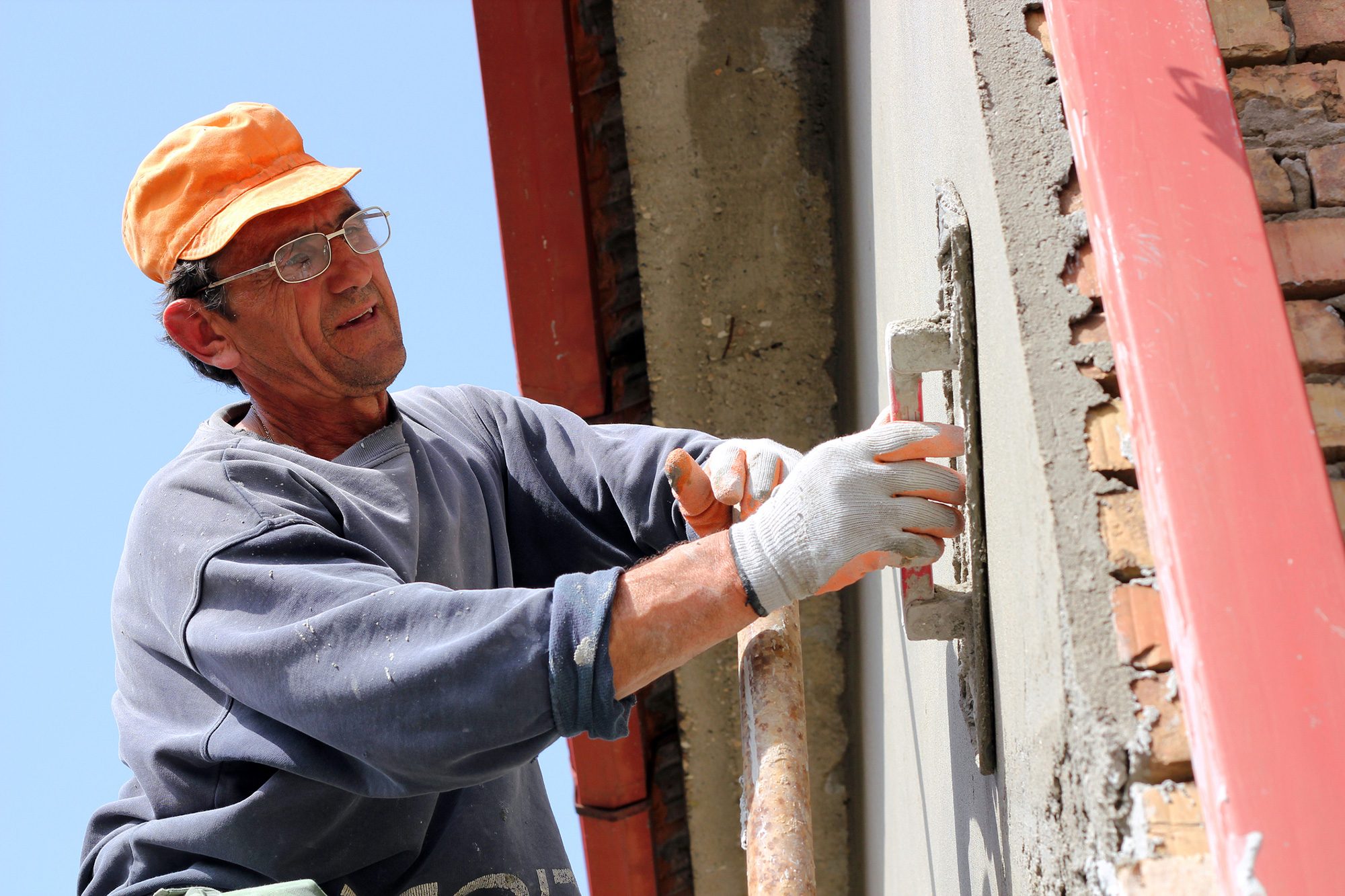
 Login/register to save Article for later
Login/register to save Article for later

